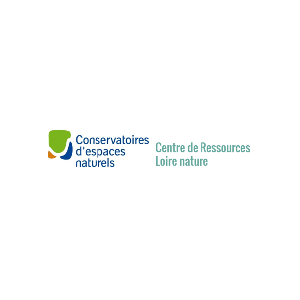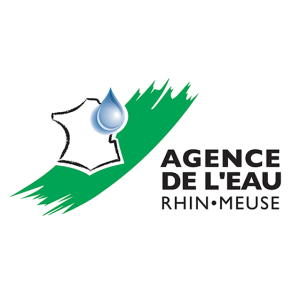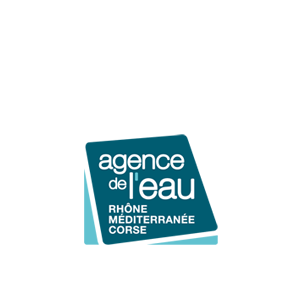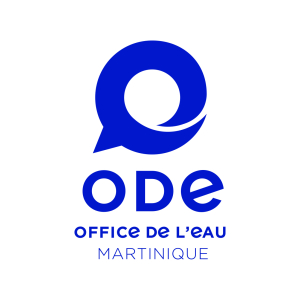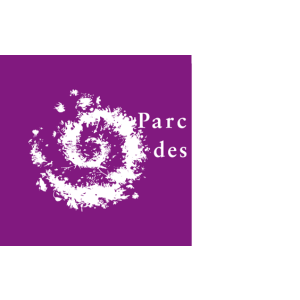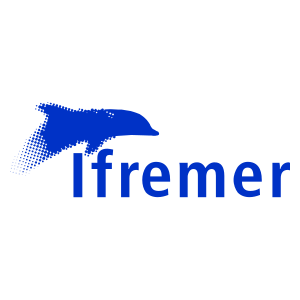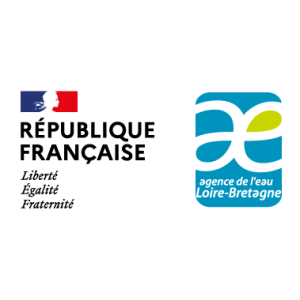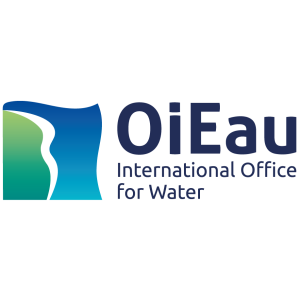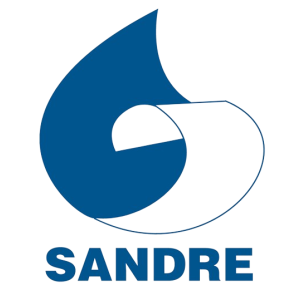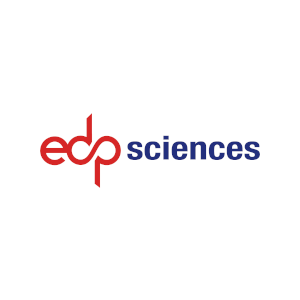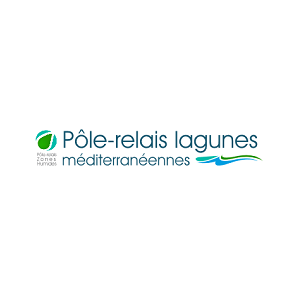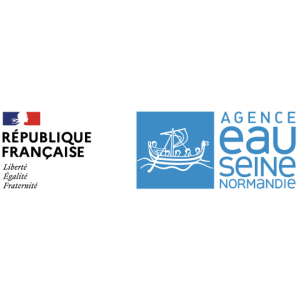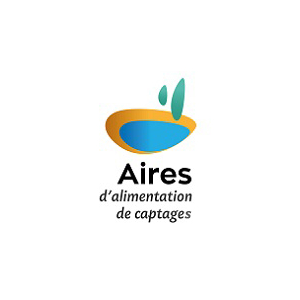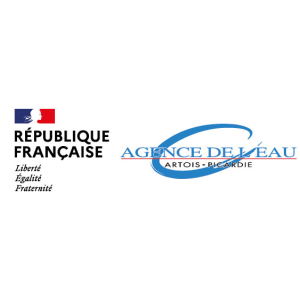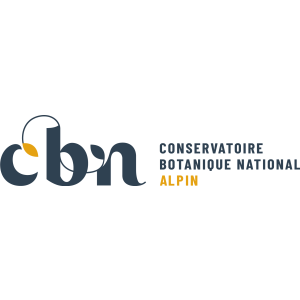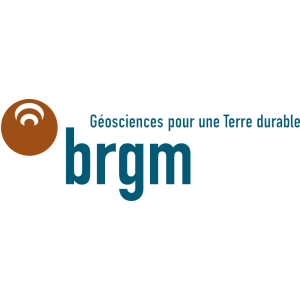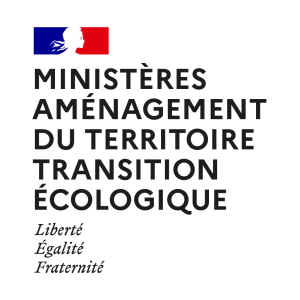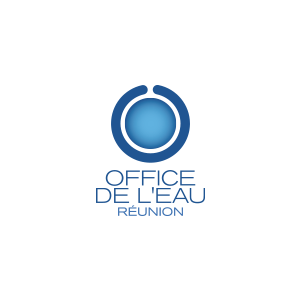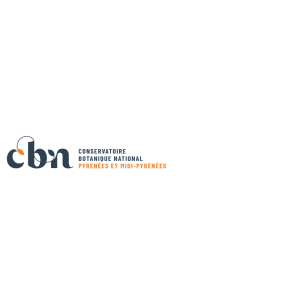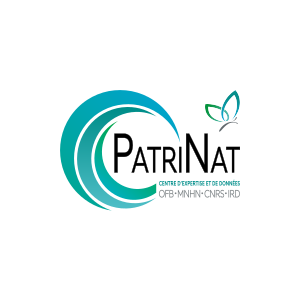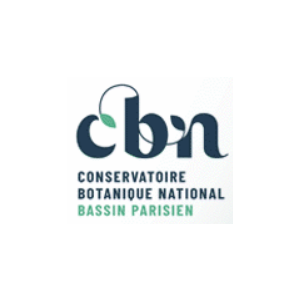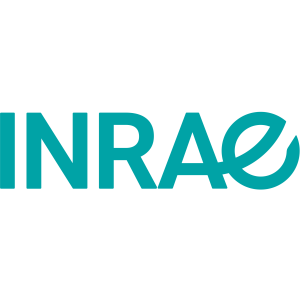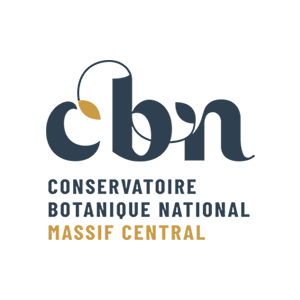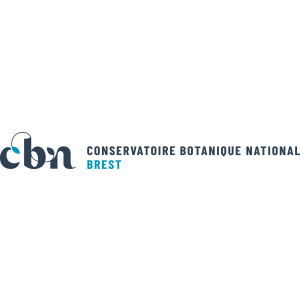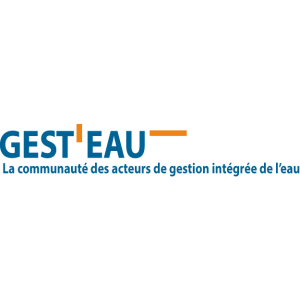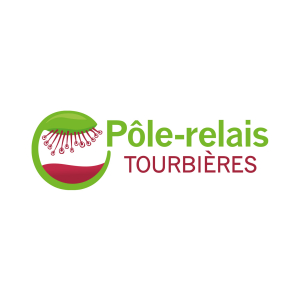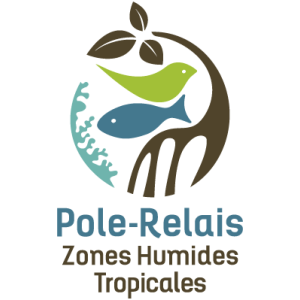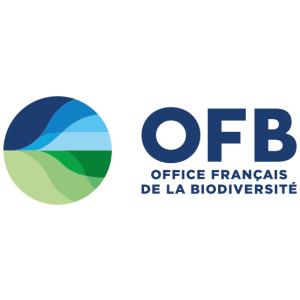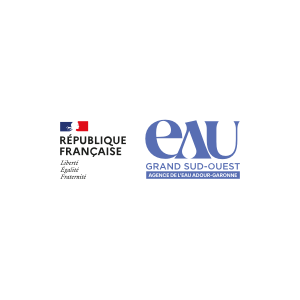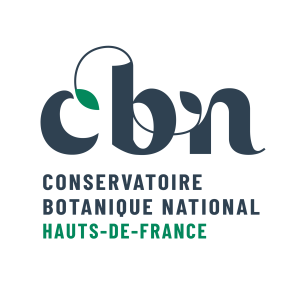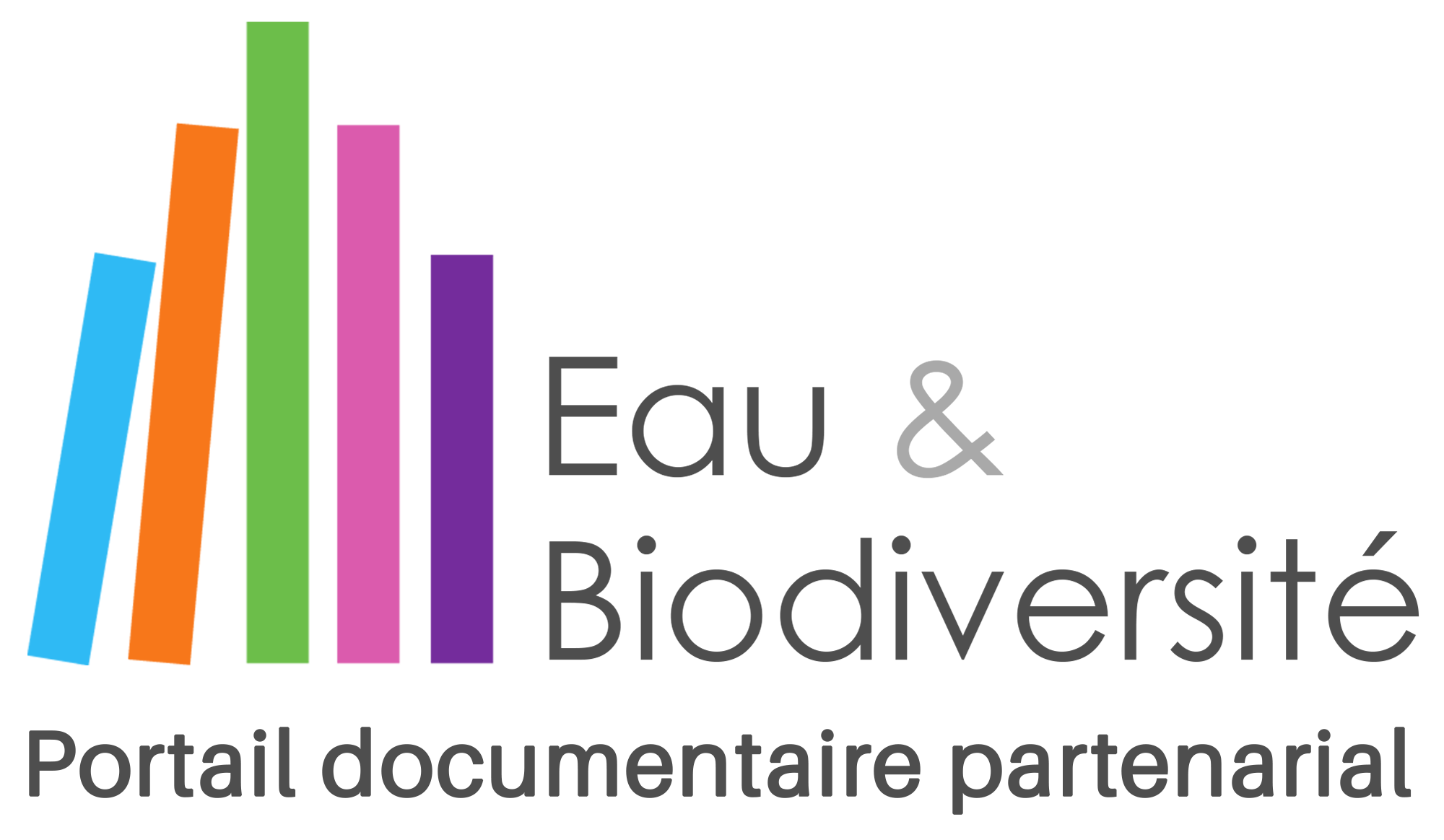
Document généré le 06/02/2026 depuis l'adresse: https://www.documentation.eauetbiodiversite.fr/fr/notice/modulation-des-parametres-hemocytaires-par-la-nutrition-de-l-huitre-creuse-crassostrea-gigas-implication-dans-les-mortalites-estivales
Modulation des paramètres hémocytaires par la nutrition de l'huitre creuse Crassostrea gigas. Implication dans les mortalités estivales
Titre alternatif
Producteur
Contributeur(s)
Éditeur(s)
Université de Rennes 1
Identifiant documentaire
9-357
Identifiant OAI
oai:archimer.ifremer.fr:357
Auteur(s):
Delaporte, Maryse
Mots clés
Summer mortalities
Flow cytometer
Immunity
Oxidative burst
Phagocytosis
Biochemical composition hemocyte parameters
Essential fatty acids
Nutrition
Crassostrea gigas
Mortalités estivales
Cytomètre de flux
Immunité
Poussée respiratoire
Phagocytose
Réponses hémocytaires
Composition biochimique
Acides gras essentiels
Nutrition
Crassostrea gigas
Date de publication
18/03/2005
Date de création
Date de modification
Date d'acceptation du document
Date de dépôt légal
Langue
fre
Thème
Type de ressource
Source
Droits de réutilisation
info:eu-repo/semantics/openAccess
Région
Département
Commune
Description
In the context of Pacific oyster C. gigas summer mortality, the present study demonstrated that the reproductive effort reduced not only the energetic parameters (carbohydrates and CEA) but also the immune parameters (concentration, phagocytosis and adhesive capacity of hemocytes). Increasing food supply from 4% to 12% (of oyster dry weight) did not counteract this phenomena as most of the additional energy was dedicated to the gametogenesis processes. However, after the gametogenesis, the 12% diet clearly favored energy storage restoration and hemocyte production. Hemocyte parameters were also modulated by the food quality. Indeed, hemocyte concentration tended to increase 20:5n-3 and/or 20:4n-6 were supplied by micro-algae or artificial diets. When these fatty acids were supplied separately, it has been demonstrated that 20:4n-6 stimulated phagocytic activity and reactive oxygen species production by hemocytes while 20:5n-3 inhibited it
Accès aux documents
0
Consultations
0
Téléchargements
